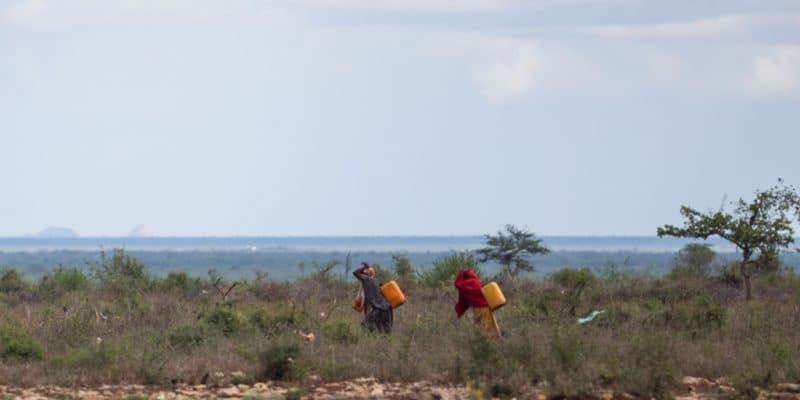The British Minister for Africa, Vicky Ford MP, has announced a $10 million grant to guarantee food security and strengthen the supply of drinking water, in response to the drought that has hit Somalia. In the East African country, the climatic phenomenon manifests itself primarily as water stress, which has a real impact on drinking water coverage and agricultural production.
The $10 million grant from the UK was unveiled on January 17, 2022. The Somali government obtained this funding to implement drinking water projects and provide emergency food supplies to the population.
Read Also – DRINKING WATER: Major African programmes that are making a difference locally
For the drinking water component, new facilities will be built to capture, treat, and distribute the available resource in various regions of Somalia. The grant will also support the Somali government in the implementation of its National Water Resources Management Strategy 2021-2025. The strategy document was published in October 2021.
Nearly 500,000 beneficiaries
The U.K. government believes that these various projects will help alleviate the water stress that is causing tensions between communities in Somalia. The phenomenon is impacting economic activities, particularly in the agricultural sector, with a drastic reduction in food resources for the population. “Nearly 5 million Somalis are suffering from hunger,” said the British Minister for Africa, Vicky Ford MP. All of the projects funded by the UK grant will reach a total of 500,000 people.
Read also –
The $10 million grant is part of a $23 million funding package made available by the U.K. to countries in East Africa affected by extreme drought and flooding. It comes days after funding from the United Nations (UN). The institution recently released $17 million from the Central Emergency Response Fund (CERF, created in 2006, editor’s note) to support efforts to combat the drought in Somalia. According to the UN, this amount is still insufficient because the East African country needs 1.5 billion dollars to effectively respond to the situation at a time when half of the population, approximately 7 million Somalis, live below the poverty line.
Inès Magoum






